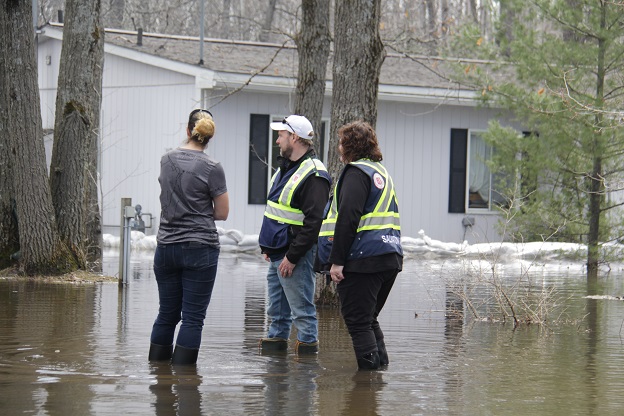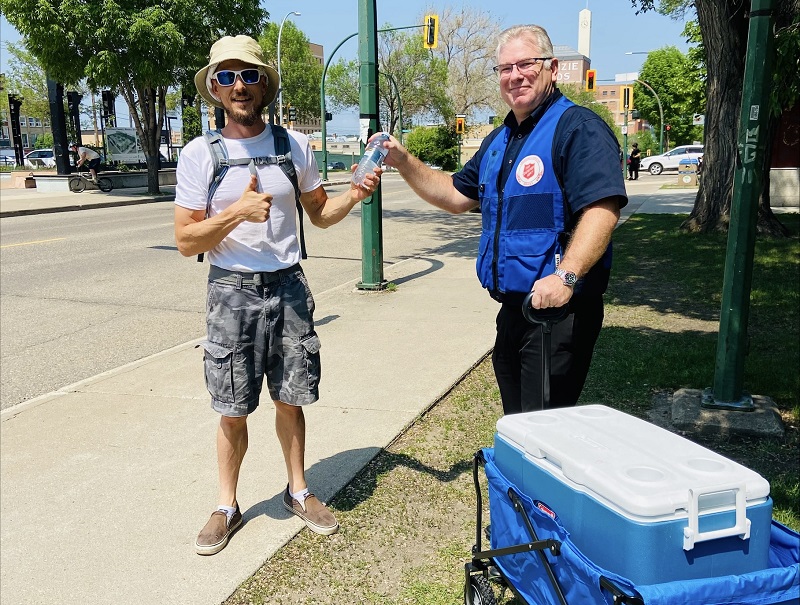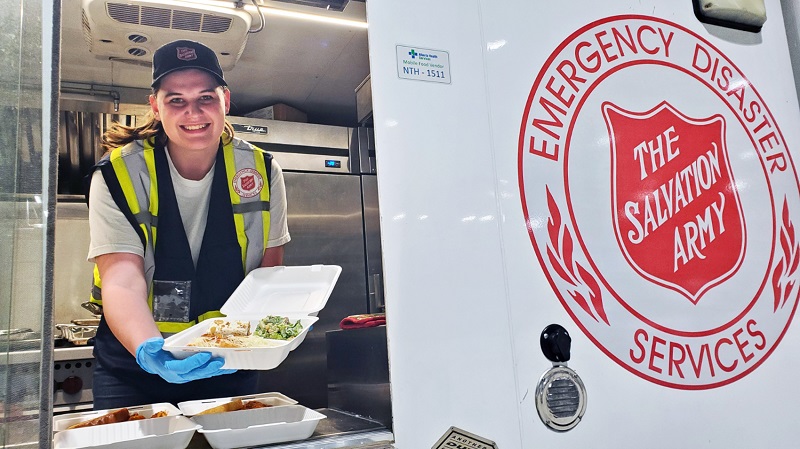Salvation Army Launches Rapid Relief Emergency Response Team and Echo-Friendly Products

In September 2019, The Salvation Army in Canada and Bermuda developed a new emergency disaster services (EDS) team to serve the territory in times of need better. The Territorial Rapid Emergency Assistance Team (TREAT) consists of 20 experienced EDS personnel, from coast to coast, who can deploy quickly following a crisis.
“The purpose of TREAT is to respond, at a moment’s notice, to emergency or disaster incidents and advise local leaders regarding response activities or assume control of The Salvation Army’s efforts,” says Perron Goodyear, territorial director of emergency disaster services and leader of TREAT.
TREAT will be an essential support to Salvation Army communities across Canada, as well as Bermuda, which are affected by a disaster. While providing support and professional guidance promptly, team members will fulfill various roles as the need dictates.
“With emergency management becoming more professionalized, having a highly-skilled team will enable the Army to continue providing vital ministry during times of crisis,” says Goodyear.
Eco-Friendly EDS in Ontario
The Salvation Army’s Ontario Central-East Division has taken steps to ensure its EDS teams adopt sustainable and environmentally friendly practices. All community response units (CRU) use compostable and recyclable items for food delivery and serve fair-trade coffee.
“The CRUs are equipped with compostable containers, cups, cutlery and so on, as well as coffee supplied by Equator Coffee Roasters, who have created a special Salvation Army blend,” says Glenn van Gulik, divisional director of EDS, Ontario Central-East Division.
van Gulik says that the new products not only fulfil the Army’s core value of stewardship in the environmental sense but also in the financial sense. With bulk ordering through one supplier, Gordon Food Services, The Salvation Army sees cost savings.
“This initiative makes sense for us as an organization,” says van Gulik. “We say that we’re giving hope today, but we can’t do that at the expense of tomorrow. We also can’t give hope in Canada at the expense of a coffee farmer in a developing country.”
EDS teams in other provinces have also made a switch to eco-friendly products such as British Columbia and Manitoba. Others are expected to follow suit in the coming months.




